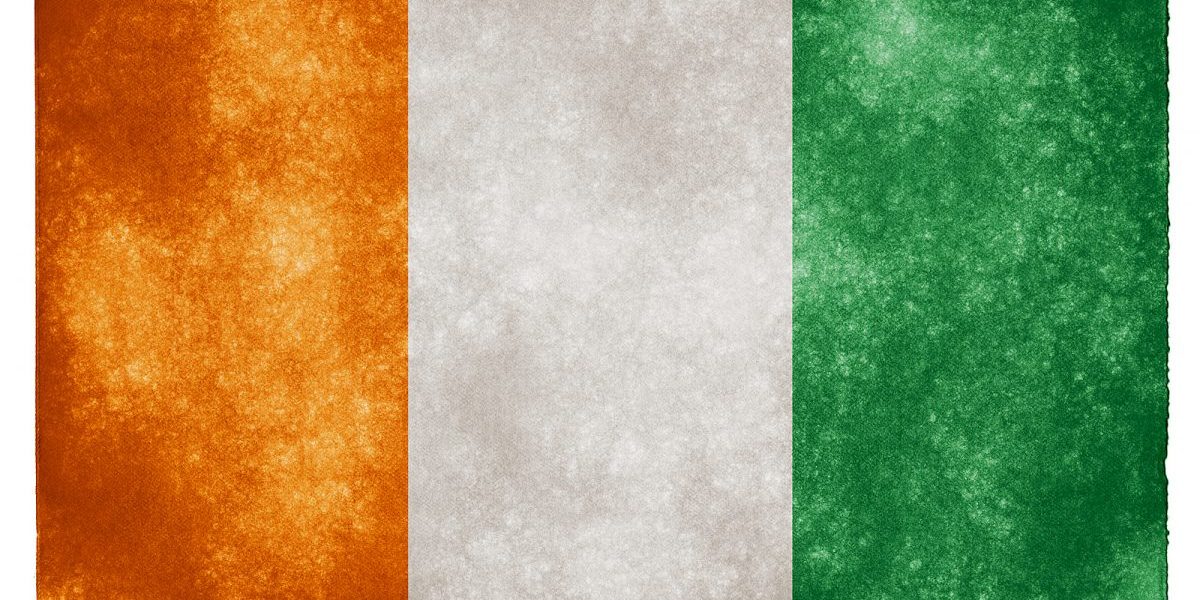And paying those debts is usually a major feature of their first years in office. In the case of Ivory Coast’s new President, Alassane Ouattara, this is doubly so. The fact that Mr Ouattara won November’s elections is now accepted by all of the African Union. This election victory is of course his main card. But he has been able to exercise his mandate only through force. Although the UN and the French played a decisive role in the end game, the force came primarily from the former rebels, now known as the “republican forces”.
They are a coalition of 10 rebel commanders who have held sway over the north of the country since their failed coup in 2002, plus various other renegades and former soldiers. Their cohesion may yet turn out to be fragile – relations between them have turned sour in the past. They were not, at least until very recently, under Mr Ouattara’s command. Even in the recent events, Mr Ouattara’s command was less than the international media’s common use of the term “Ouattara’s forces” indicates.
The former rebels will want to be rewarded for ousting Laurent Gbagbo, firstly with posts in the new army, and secondly with guarantees of impunity. And they will be reluctant to start any disarmament, a pre-requisite to any meaningful security reform.
Mr Ouattara can go some way on army posts, but he must appear even-handed when dealing with human rights abuses, given his intention to try Mr Gbagbo. Those who committed human rights abuses while fighting in Mr Ouattara’s name must also be dealt with transparently.
Doing deals with those who backed him will be only one facet of a broader security challenge. While Ivory Coast has a long tradition of ethnic and religious harmony, it has also been drip-fed, in recent years, a poisonous public discourse of hatred and division. National reconciliation is therefore vital, whether through a national truth and reconciliation forum or less formal methods. But to create the right conditions, Mr Ouattara must deal both with remaining Gbagbo loyalists, and also with the proliferation of small groups which have taken up arms for personal or communal gain.
Mr Ouattara’s experience lies in economics: when he was prime minister in the 1990s, he had to deal with the near collapse of the economy. In security issues he is something of a novice, but these issues will determine whether he can make Ivory Coast once again a power house of the West African economy.








